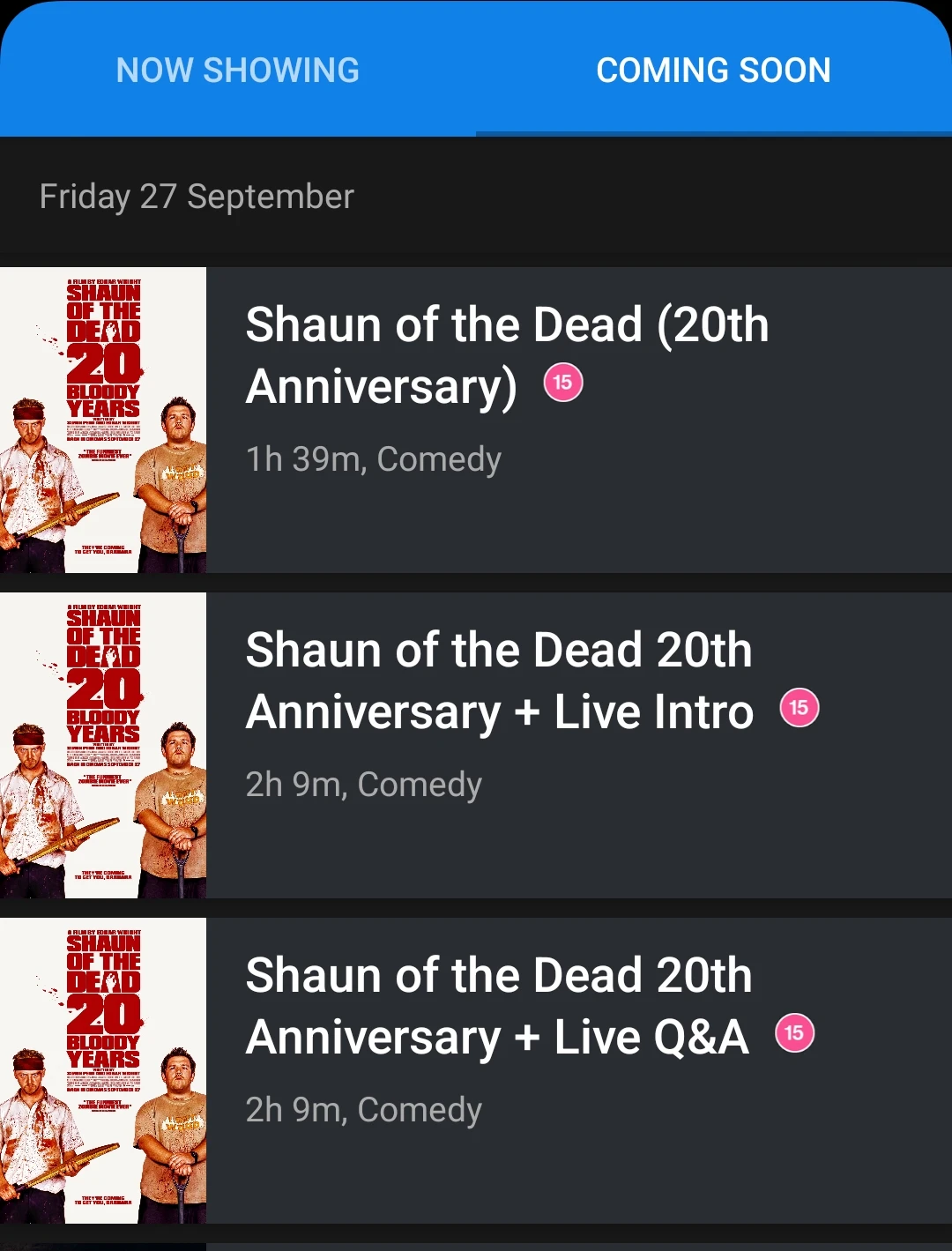British Films
18 readers
1 users here now
For all your British move-going needs as well as news about the British film industry.
See also:
Elsewhere in the Fediverse:
Rules:
- Be excellent to each other
founded 1 year ago
MODERATORS
1
2
3
5
6
15
Undercover film exposing UK far-right activists pulled from London festival
(www.theguardian.com)
7
6
The Rubber-Keyed Wonder: The Story of the Sinclair ZX Spectrum review – glory and geekery
(www.theguardian.com)
8
9
10
11
12
14
‘Bond’s audience will be patient’: Amazon MGM Studios’ boss on the hunt for a new 007
(www.theguardian.com)
13
14
15
16
17
18
19
10
'Daddy's Head' trailer - a grotesque creature haunts this Shudder original horror movie
(bloody-disgusting.com)
20
21
22
23
24
25
10
ZX Spectrum documentary 'The Rubber Keyed Wonder' gets London premiere next month
(www.timeextension.com)
view more: next ›
